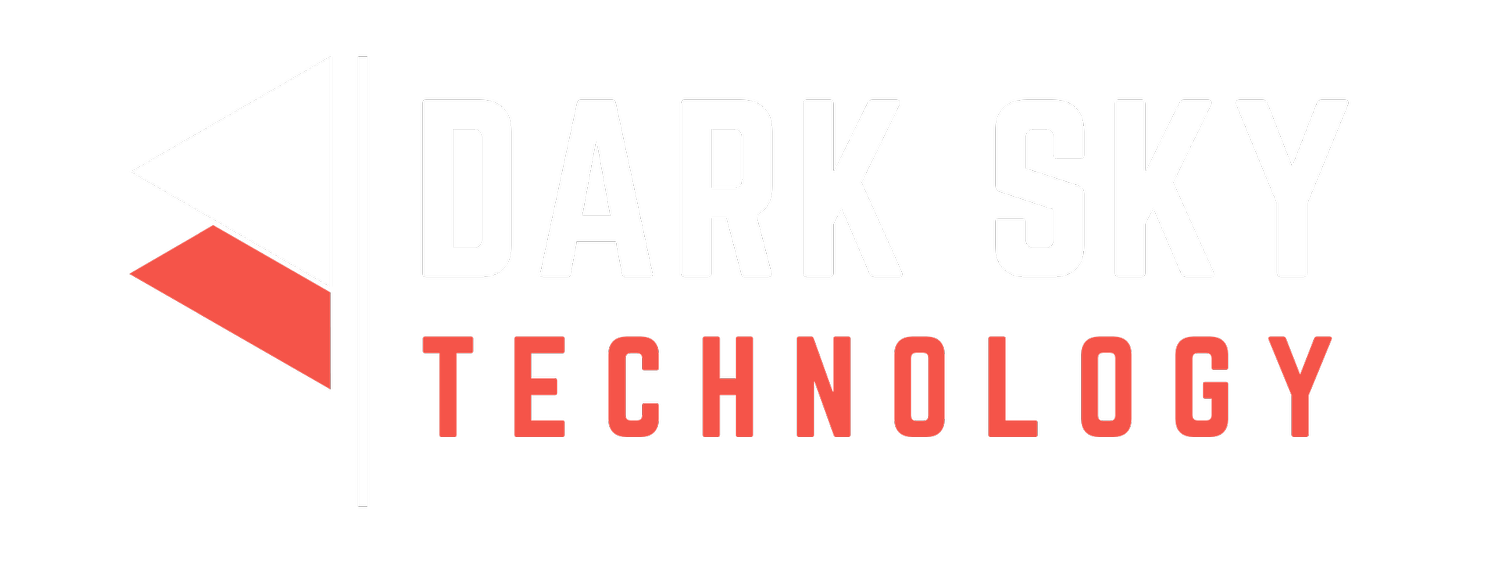
The vast majority of code written in C and C++ are vulnerable to memory, type, and thread-safety attacks. We help you automatically translate that code to safe, idiomatic (natural and readable), performant Rust code.
Let us show you how…
Is your code vulnerable?
Answer? Probably…
Introducing…
Bulletproof Code uses machine learning to accurately translate unsafe C and C++ programs into the type, thread, and memory-safe language Rust, eliminating safety vulnerabilities that plague the vast majority of software without impacting performance.
Why translate to Rust?
Because over two-thirds of vulnerabilities in software are due to memory-safety issues… exactly the issues that Rust prevents.
Heap Out of Bounds Read/Write
Use After free()
Type Confusion
Uninitialized Use
Stack Corruptions
Bulletproof Code is a fully encapsulated system that requires no Internet connection and can be operated in closed spaces or classified environments.
Bulletproof Code is the result of a DARPA Phase II SBIR and is ready for public testing. We are actively seeking early integration adopters and transition partners.
TRL 5
What kinds of vulnerabilities can Rust prevent?
Correctly Formed
Predictable
Memory Safe
Idiomatic
Performant
The Project Zero team at Google finds that memory-based errors account for about 70% of the total number of vulnerabilities being actively exploited in the wild. In other words, memory corruption errors are a big problem.
The good news is, they are (finally) preventable.
Bulletproof Code helps developers automatically translate unsafe code such as C and C++ into the type and memory-safe language Rust. Once used, these vulnerabilities will be completely eliminated making your critical system far more resilient to attack.
This material is based upon work supported by DARPA under Contract(s) No. HR001122C0048 and HR001123C0078. Any opinions, findings and conclusions or recommendations expressed in this material are those of the author(s) and do not necessarily reflect the views of DARPA. DARPA Distribution Statement "A" (Approved for Public Release, Distribution Unlimited)









